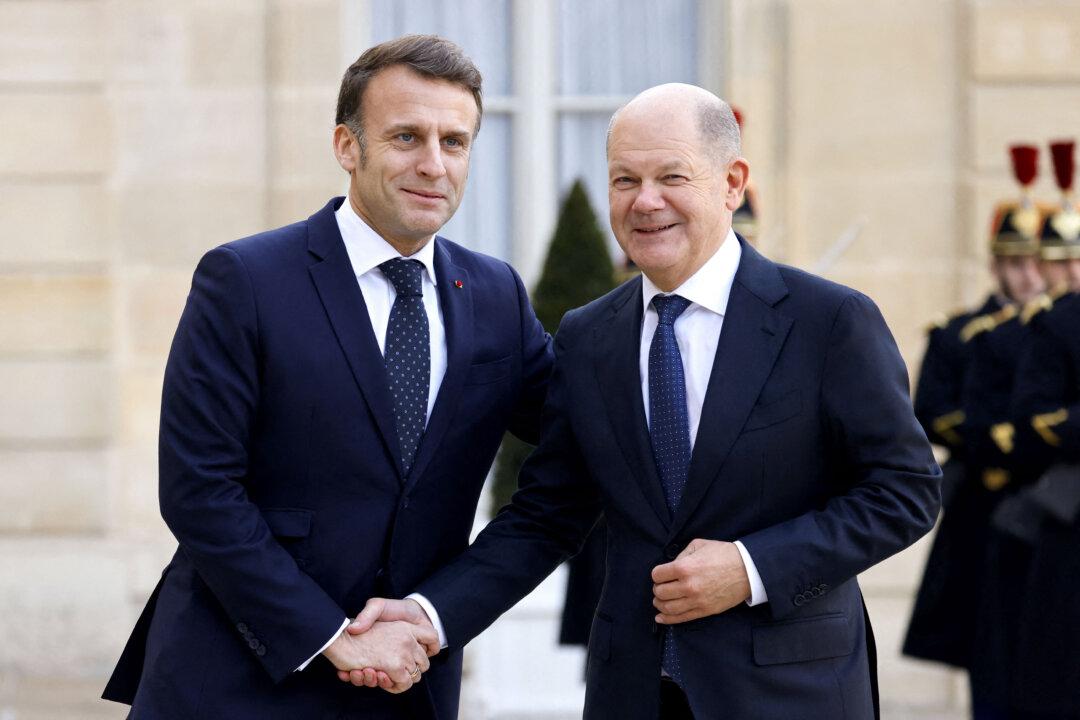French President Emmanuel Macron called leaders from European Union nations and the UK for an emergency meeting at the Elysee Palace on Monday to discuss demands of the new U.S. administration, the Russia–Ukraine war, and security on the continent.
The Paris discussion follows a diplomatic push by the Trump administration that has bypassed the Europeans, dealing directly with the Kremlin to commence talks to bring an end to the war in Ukraine.





